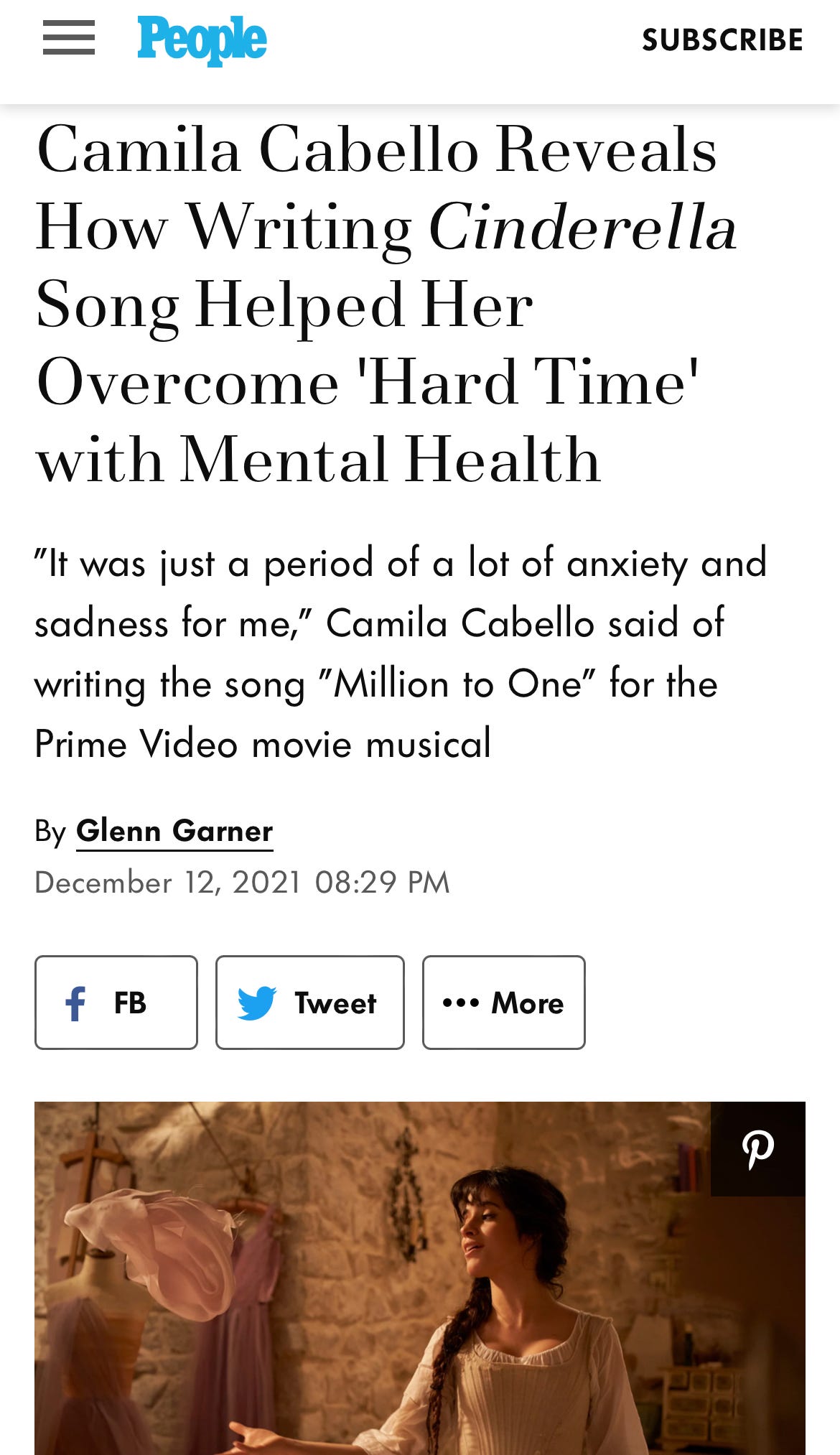Bridger Winegar to Paul F. Tompkins to Camilla Cabello to a Chimp in a Suit
Together: they're the New Beatles!
If you get something out of this newsletter or the Depresh Mode podcast, I would appreciate your financial support. Go here, pick a level that works for you, then select DEPRESH MODE from the list of shows. And thank you.
I was pronouncing it wrong
I thought his last name was pronounced like WINN-uh-gur, but it’s pronounced like WINE-uh-gur. Like a combination of wine and vinegar.
We did some editing before sending out the episode
This week, we welcome Bridger Winegar to Depresh Mode. I had never met him before the taping started and I went into it expecting someone different than who I got. Part of that was because I knew he hosted the podcast I Said No Gifts, which is built around a kind of campy premise of Bridger welcoming a guest and that guest has brought him a gift and he protests this fact but he’s not-so-secretly thrilled.
It seemed like the kind of thing you might find in an Amy Sedaris project.
I don’t recall seeing Bridger on various late night shows where he worked as an intern, a production assistant, or a writer but I do remember him on Unbreakable Kimmy Schmidt being very funny and over the top.
So in the original version of the interview, I come into it with the energy I was expecting from Bridger but he came in with something different. And more authentic.
Bridger is funny in real life but he’s more, uh, under the top. Thoughtful, very polite, and he’s candid about mental health struggles in his life, which included a breakdown while on a Mormon mission, an attempt at self-harm via over-the-counter pain relievers, and believing for a time that he’d have to live out his life in Utah with his homosexuality concealed.
There’s a sense in the interview we did that yes, he did figure out what was happening with his mental health and yes, he is in a good place with his life in Los Angeles right now. But it was a narrow escape and he still has to work on his issues with a lot of dedication.
That’s ultimately why I started this episode with a long story about the Wright Brothers: it’s one big effort to get a plane to fly, another lifelong effort to develop air travel.
Here’s some of Bridger being funny
I never really know who I’m going to be talking to
In our first season of my former show, I scheduled an interview to talk with Paul F. Tompkins about depression. I had known Paul for some years by this point and done a lot of comedy stuff with him on Wits. You’re not likely to meet many people more jubilant in front of a comedy crowd than Paul - pure energy and charisma. So when I interviewed him, I expected the same thing, despite the topic.
I did not get the same thing. I got a different thing. Paul was quite serious and subdued, just as open and giving as he was in comedy but in a different direction. He talked about the strange crushing sadness of seeing Philadelphia from a train. He talked about his parents’ loveless marriage, his mother’s death, and his father saying that he never loved his kids.
The whole interview thing is a lot like acting, really. You gotta see what your partner gives you and react from there.
I try not to be cynical
I try not to judge the steps someone takes on their mental health journey. I really do try. Their world is not my world, I don’t know their struggles, and furthermore blah blah blah.
And usually it’s pretty easy. But sometimes…
What I want to say when I read something like this is, “Oh my gosh! I’ve been making it so much more complicated than it needs to be! All this therapy and medication and everything, when I could have just written a song for Cinderella!”
But that wouldn’t be fair.
Instead, I should just accept something like this as a completely normal and good thing:
"It was just a period of a lot of anxiety and sadness for me, and that song had me feeling like, 'I can overcome this. I know that I can make my life better.' I feel like I channeled my personal journey into the one of the character. The character was super confident — everybody was telling her no, but she knew," Cabello added.
And I shouldn’t ask whether what she’s describing is more just a mood or a feeling than a real reflection of her state of mental health.
I should just mellow out and write a song.
Can someone suggest a peppy rhyme for “selective serotonin re-uptake inhibitors”?
Your employer, if they’re like most employers, sucks at mental health
I’m sure most big employers like to say that they care a lot about employee mental health. They might even believe it! But it’s not going well out there, according to a new study:
4.4 - The average score employees gave their organization when asked to rate the mental health support they receive.
7.6 - The average rating employers gave themselves when asked to rate the mental health support they provide.
"In the 10 years I've been doing research on employer priorities, this is the first time I've seen this big of a gap between the reality that workers and employers perceive," said Ben Eubanks, chief research officer at Lighthouse Research & Advisory, and primary author of the study.




